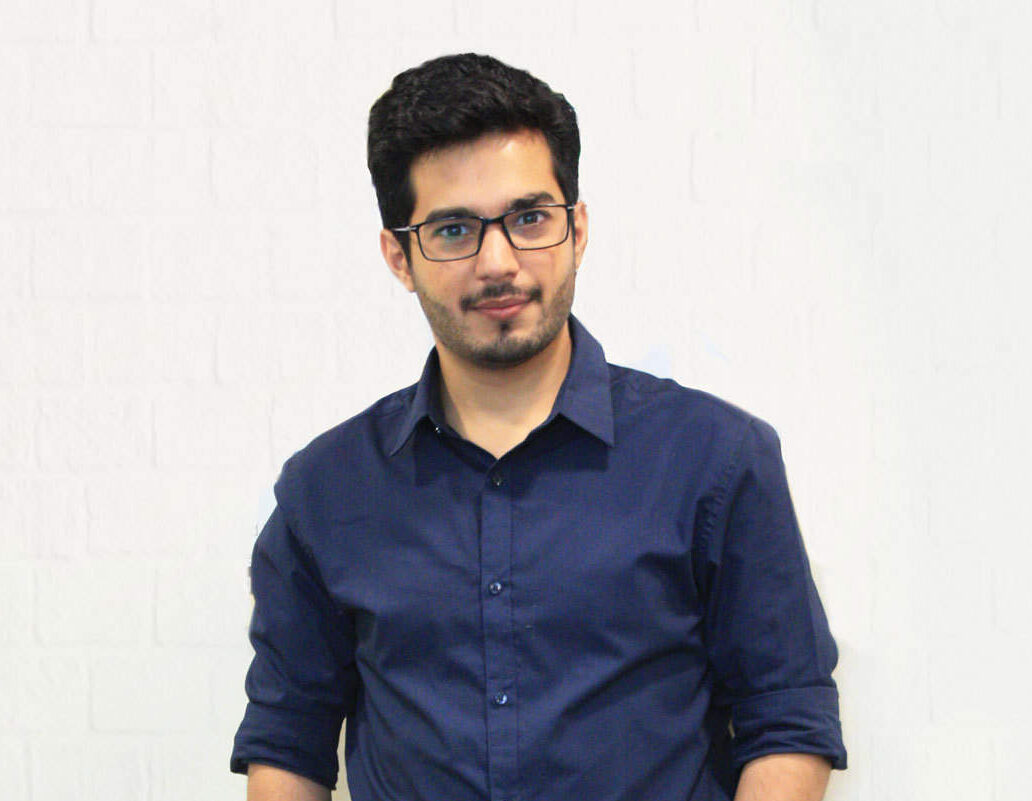Entrepreneurs
Navigating the Auditory Frontier: Gautam Raj Anand’s Journey in India’s Podcasting Revolution

In the ever-evolving landscape of digital content consumption in India, one name stands out as a pioneer in reshaping the way people engage with audio content – Gautam Raj Anand. As the Founder and CEO of Hubhopper, Anand has been instrumental in leading the podcasting revolution in the country, creating a platform that empowers content creators and resonates with diverse audiences. Gautam Raj Anand’s journey in the world of digital media began with a vision – a vision to create a platform that not only democratizes content creation but also caters to the diverse linguistic and cultural fabric of India. Hubhopper, under Anand’s leadership, has emerged as a hub for content creators, offering a space where voices from different corners of the country can be heard.
The COVID-19 pandemic brought about a surge in digital content consumption, with people seeking new forms of entertainment and information. Hubhopper, with its intuitive platform, witnessed unprecedented growth during the lockdown. The ease of podcast creation and the accessibility of the platform led to an 88 percent increase in content output by over 5,500 podcasters. Anand’s vision of making content creation accessible to all was particularly relevant during this period. Individuals from Tier II and beyond found solace in expressing themselves through motivational or religious/devotional podcasts, creating a diverse tapestry of content that resonates with the varied preferences of the Indian audience.
Lal Chand Bisu, Co-founder of Kuku FM, points out a shift in the behavior of young internet users. Anand’s understanding of this shift has been crucial in positioning Hubhopper as a platform that recognizes the concept of “screen fatigue.” As users look for meaningful content off-screen, audio emerges as the ideal medium that can be consumed while engaging in other activities like commuting, working, or even during household chores. Gautam Raj Anand’s foresight into the changing dynamics of content consumption aligns perfectly with the rising popularity of audio in India. He recognizes that audio offers a more tenable and convenient way for users to consume content, especially when they are not actively looking at their screens.
The success of Hubhopper is not only measured by its content creators but also by its diverse user base. Anand’s commitment to providing content in multiple languages, including Hindi, Tamil, Bengali, Telugu, Kannada, Punjabi, and English, has attracted users from different linguistic backgrounds. The platform’s appeal across Tier I and Tier II cities underscores Anand’s understanding of the varied content preferences in different regions. Prathamesh Soni, a Hindi podcaster at Kuku FM, emphasizes the importance of constant reinvention and experimentation in the world of podcasting. Anand’s Hubhopper has embraced this philosophy, encouraging content creators to explore diverse formats, languages, and genres. The platform’s commitment to experimentation ensures that it stays ahead of changing audience sentiments and preferences.
As we navigate through the auditory frontier of India’s podcasting revolution, Gautam Raj Anand’s Hubhopper stands as a beacon of innovation and inclusivity. His vision to create a platform that amplifies diverse voices and caters to the evolving preferences of Indian audiences has set the stage for a new era in digital media. In a world inundated with screens, Anand recognizes the power of audio to provide a more immersive and convenient content consumption experience. As Hubhopper continues to grow and evolve, Gautam Raj Anand remains at the forefront of India’s podcasting landscape, steering the platform toward uncharted yet promising territories. His journey reflects not just the success of a platform but the transformative impact of visionary leadership in shaping the future of digital media in India.
